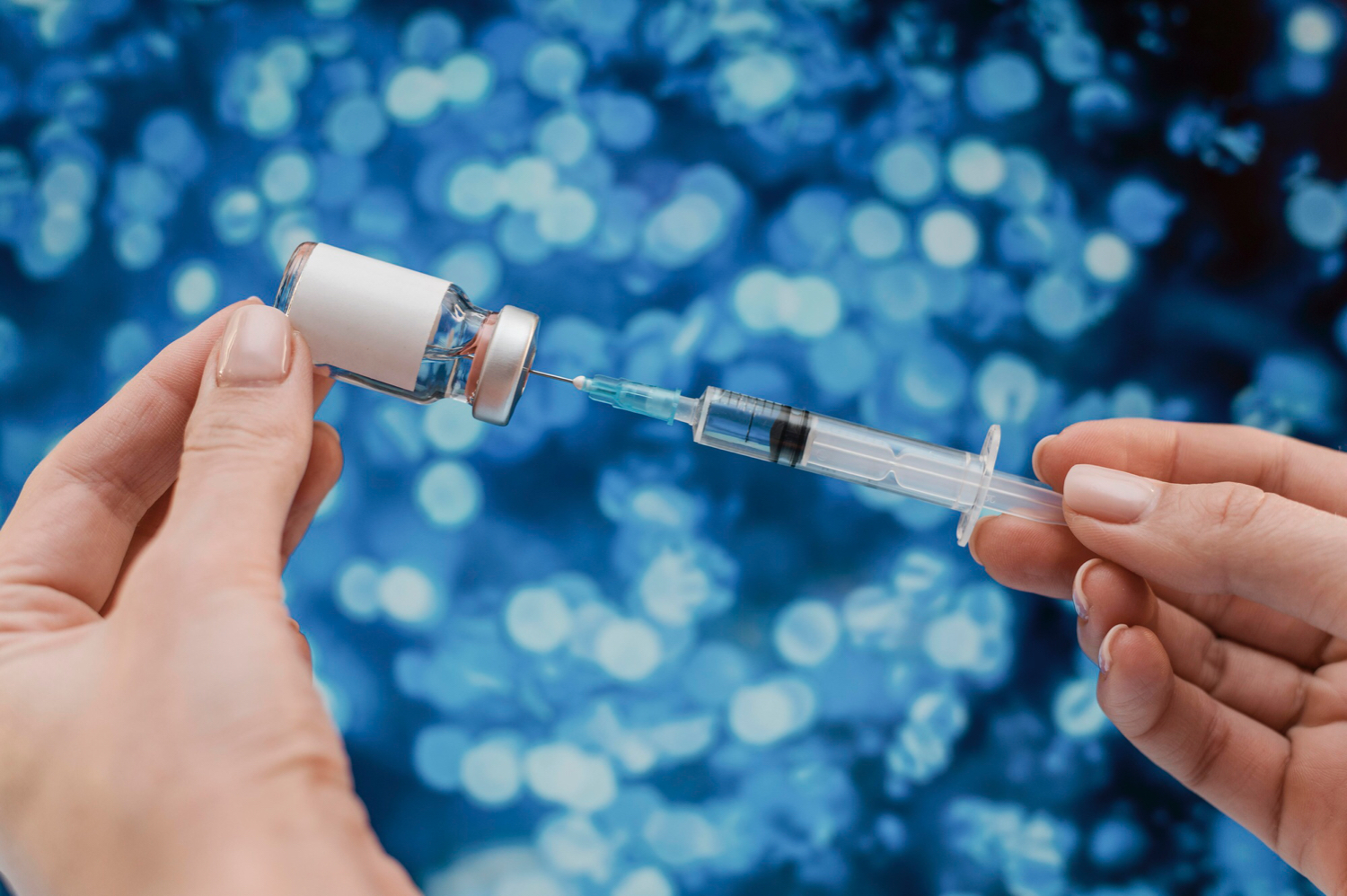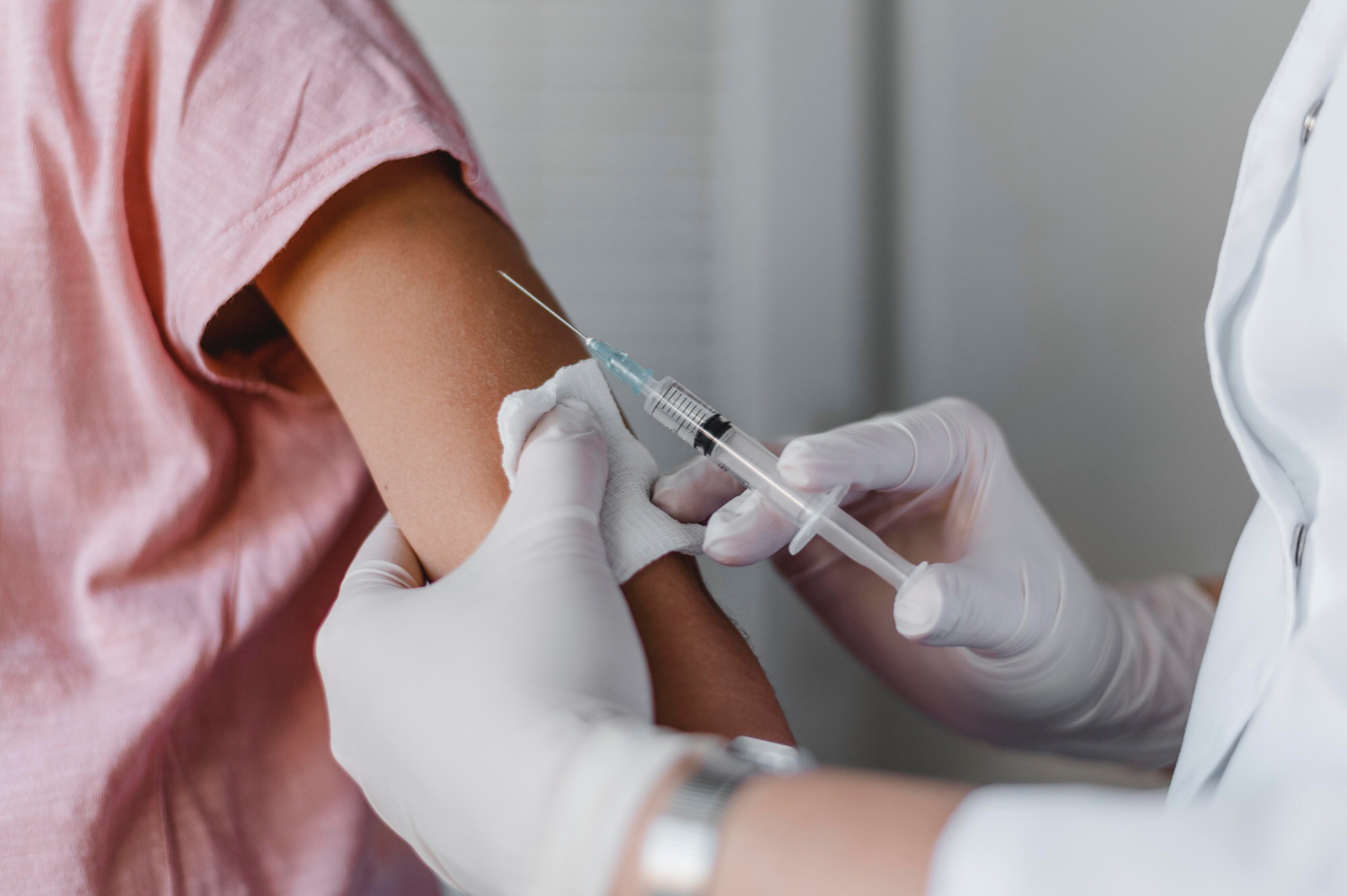
- Inspiring People -
- 4mins -
- 67 views
Malaria: new vaccine hailed as potential breakthrough
A malaria vaccine has proved to be 77% effective in a year-long trial, and its University of Oxford developers say it could be a major breakthrough against the disease which kills more than 400,000 a year.
New vaccine hailed as potential breakthrough In fight against malaria
A malaria vaccine has proved to be 77% effective in early trials and could be a major breakthrough against the disease, says the University of Oxford team behind it. Malaria kills more than 400,000 people a year—mostly children in sub-Saharan Africa—but despite numerous vaccines being trialled over the years, this is the first one to meet the required efficacy targets.

New vaccine showed up to 77% efficacy in the year-long trial of 450 children in Burkina Faso
A potential new malaria vaccine has proven highly effective in a trial in babies in Africa, suggesting it one day could possibly help reduce the death toll from the mosquito-borne disease that kills some 400,000 a year, mostly babies and young children in sub-Saharan Africa.
The candidate vaccine, developed by scientists at the University of Oxford and called R21/Matrix-M, showed up to 77% efficacy in the year-long trial of 450 children in Burkina Faso, researchers leading the trial said in a paper published 20 April 2021.
The scientists, led by Irish vaccinologist Prof Adrian Hill, director of Oxford’s Jenner Institute and also one of the lead researchers behind the Oxford-AstraZeneca COVID-19 vaccine, said they now plan to conduct final stage trials in some 4,800 children aged between five months and three years in four African countries.
“It is more effective than anything that has been reported on before. The World Health Organization wanted a 75 percent effective vaccine. This is the first time anyone has gone above that level. Really importantly, it can be manufactured at a large scale. So far, the vaccine looks safe,” Prof Hill told Al Jazeera.
Hill added that the vaccine can be kept refrigerated and does not require freezing, making it easier to distribute to remote areas.
Source: AlJazeera

Results, which researchers said would soon be published in The Lancet medical journal, showed efficacy of 77% in the high-dose adjuvant group and 74% among those who got the vaccine with a low dose of adjuvant (a substance which enhances the body’s immune response to an antigen). Source: Freepik/freepik
Covid-19 lessons learned could help rollout of new vaccine
The promising data was released in advance of World Malaria Day this weekend, and a peer-reviewed study is due to be published by The Lancet shortly. The team hope the vaccine can be approved for use within the next two years, building on the speed and lessons learned through rapid development of Covid-19 jabs.
“Malaria killed at least four times as many more people in Africa last year as Covid did,” Prof Hill told the Irish Times, “And nobody for a moment questioned whether Covid should have an emergency use review and authorisation in Africa – of course it did, very quickly.”
Prof Hill added: “So why shouldn’t a disease that firstly kills children rather than older people, certainly killed an awful lot more, be prioritised for emergency use authorisation in Africa? I’m making the argument as forcefully as I can, that because malaria kills a lot more people than Covid in Africa, you should think about emergency-use authorisation for a malaria vaccine for use in Africa. And that’s never been done before.”
Source: IrishTimes

fast-track approach could save 1.5 million lives over five years
Prof Hill predicts a fast-track approach could save 1.5 million lives over five years – the usual rollout period for a vaccine at this stage of development.
The vaccine is set to be manufactured at large scale and low-cost through a deal with the Serum Institute of India, which is involved in manufacturing the AstraZeneca Covid-19 vaccine.
“With the commitment by our commercial partner, the Serum Institute of India, to manufacture at least 200 million doses annually in the coming years,” Hill told the Irish Times, subject to regulatory approval rollout of the jab could happen from early 2023.
Doses were administered from early May 2019 to early August 2019, largely prior to the peak malaria season. The researchers report a vaccine efficacy of 77% in a higher-dose adjuvant* group, and 71% in the lower-dose adjuvant group, over 12 months of follow-up, with no serious adverse events. Following these results, the trial funded by the EU was extended with a booster vaccination administered prior to the next malaria season one year later.
*adjuvant – a substance which enhances the body’s immune response to an antigen. Read or download the paper here.
Source: IrishTimes

